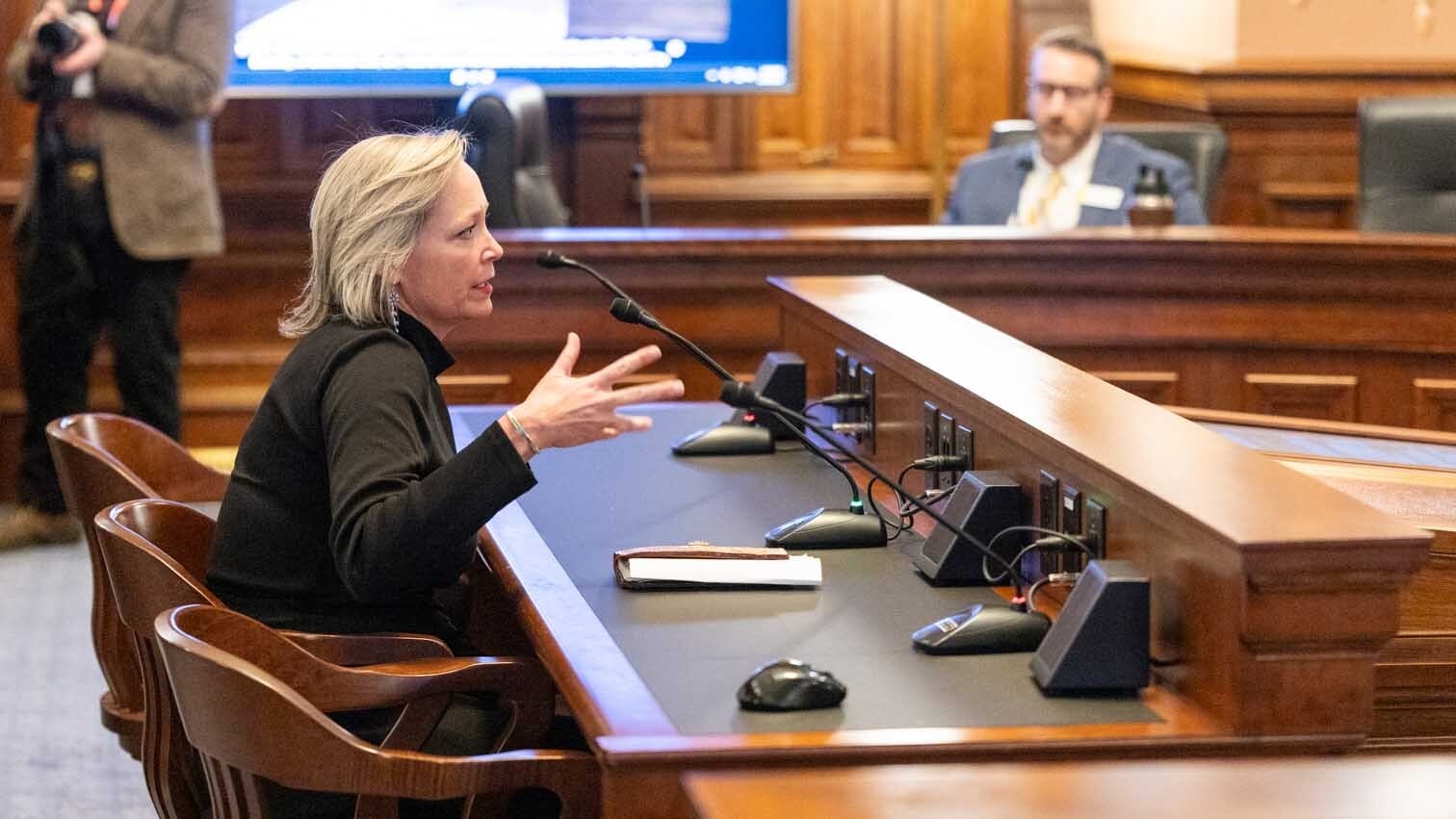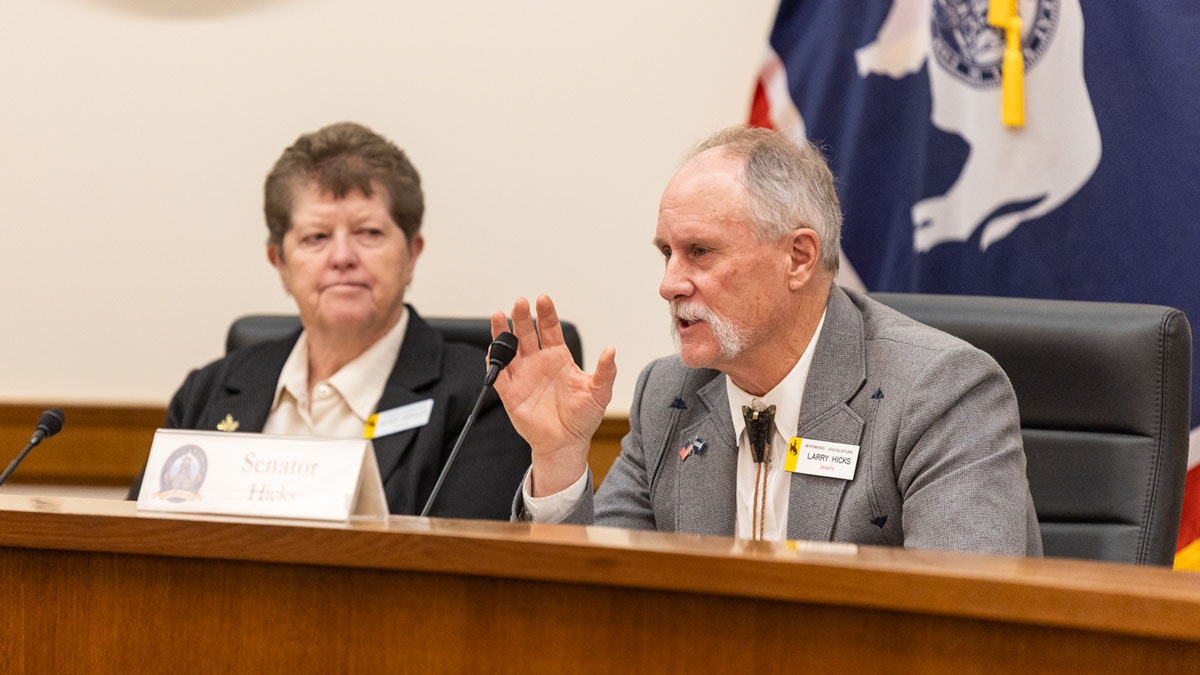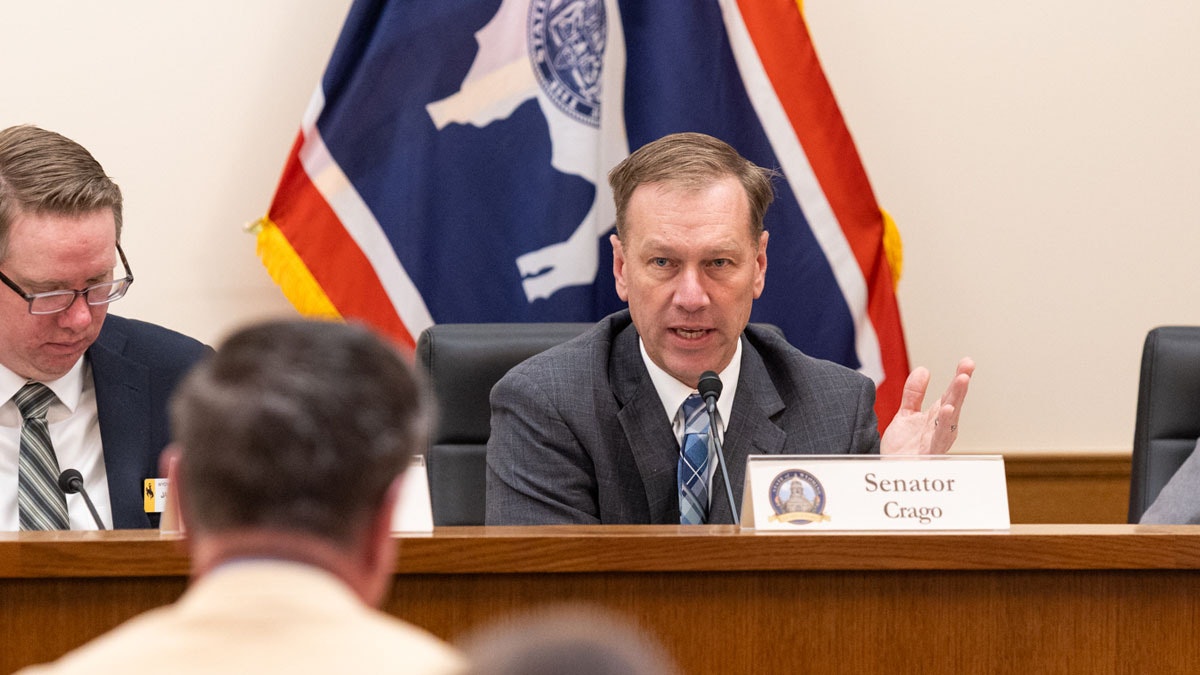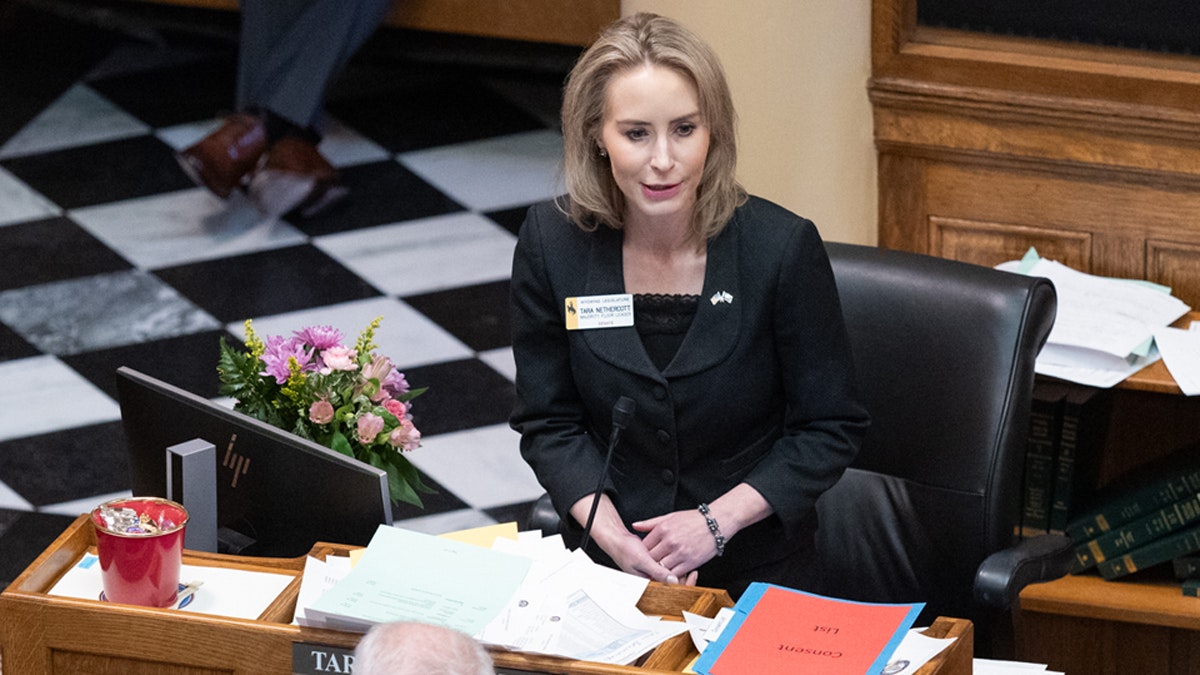U.S. Sens. John Barrasso and Cynthia Lummis, along with U.S. Rep. Harriet Hageman, are applauding a Tuesday U.S. Supreme Court decision that temporarily allows Texas broad discretion to arrest and deport migrants who are suspected of crossing the border illegally while a related legal case plays out.
Barrasso said President Joe Biden has let the immigration situation at the southern border spiral out of control and that he supports Texas’ actions.
“This commonsense ruling from the Supreme Court is great news for our country,” Barrasso told Cowboy State Daily. “If President Biden refuses to enforce the law, Texas will step up to secure our southern border.”
The Situation
As a whole, illegal crossings have increased under Biden’s term in office.
According to the Associated Press, arrests for illegal crossings along the southern border hit record highs in December, but fell by half in January. The federal government has not yet released numbers for February.
“For more than three years, this administration has willfully ceded control of our southwest border to dangerous cartels and openly welcomed illegal aliens into this country,” Lummis told Cowboy State Daily. “If this administration refuses to enforce our laws, our states are forced to step up to protect American citizens.”
Hageman also has sharply criticized the Biden administration’s immigration policies, and specifically Secretary of Homeland Security Alejandro Majorkas, who she and the House voted to impeach last month.
The Senate is waiting for the House to deliver its articles of impeachment against Mayorkas.
Hageman said after the Senate convicts Mayorkas, a highly unexpected move considering the Democratic majority in the chamber, it must pass House Bill 2, which she considers “the strongest border security bill ever introduced in Congress.”
“Until we have an administration willing to protect its citizens and end the border invasion, states must take the lead,” Hageman said.
What It Does
The state law in Texas allows any police officer there to arrest migrants for illegal entry and authorizes judges to order them to leave the U.S. It also could be enforced elsewhere in Texas if someone is arrested on suspicion of another violation and a fingerprint taken during jail booking links them to a suspected re-entry violation.
The Biden administration had submitted an emergency application with the Supreme Court to stop the law, arguing it usurps federal authority to manage immigration.
Tuesday’s vote was divided on partisan lines with the three liberal justices voting in dissent.
“The Court gives a green light to a law that will upend the longstanding federal-state balance of power and sow chaos,” Justice Sonia Sotomayor wrote in a dissent with fellow justices Elena Kagan and Ketanji Jackson.
Several Republican governors like Gov. Mark Gordon have backed Gov. Greg Abbott’s efforts, saying the federal government is not doing enough to enforce existing immigration laws. During the 2024 legislative session, Wyoming lawmakers passed a biennial budget that provides $750,000 for the governor to reimburse local law enforcement agencies in Wyoming for expenses incurred assisting Texas with resources at the southern border.
“Under this administration’s failed leadership and open-door policies, every state has become a border state, and states on the front lines are forced to expend precious resources to address this administration’s self-inflicted crisis,” Lummis said.
The Supreme Court didn’t address whether the law is constitutional in its Tuesday decision.
The measure now goes back to an appellate court and could eventually return to the Supreme Court.
Arguments in the Fifth U.S Circuit Court of Appeals are set for April 3. Here, a prompt ruling is expected on whether the law should be paused while an appeal moves forward, Justice Amy Coney Barrett wrote.
“If a decision does not issue soon,” she wrote, “the applicants may return to this court.”
Leo Wolfson can be reached at leo@cowboystatedaily.com.





